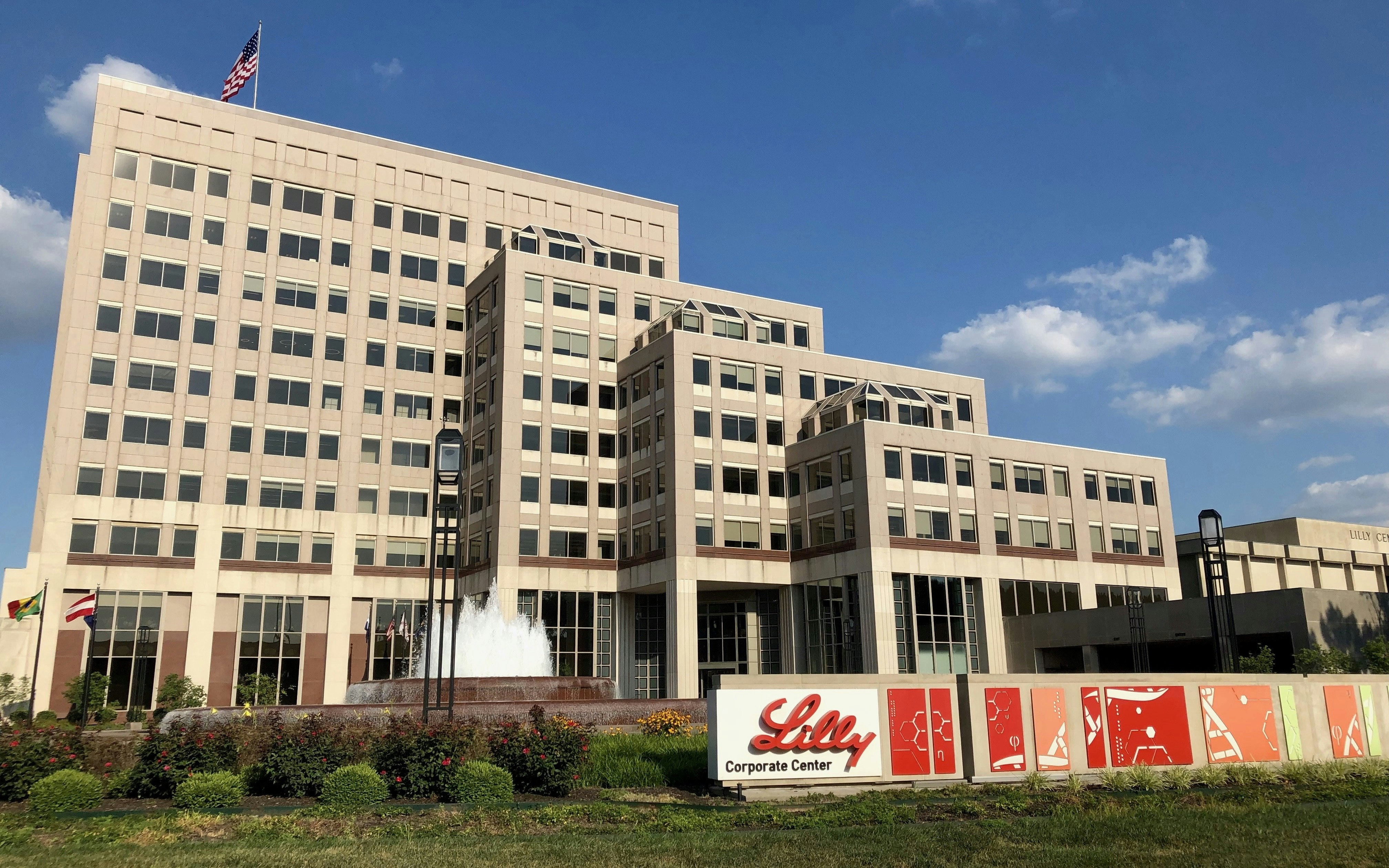Pharma
Eli Lilly makes unfounded prevention claims for Alzheimer’s drug before study completion
Eli Lilly makes unfounded prevention promises for its Alzheimer's drug donanemab before study completion.

Eli Lilly made unfounded promises about the preventive effects of its Alzheimer's drug donanemab despite ongoing studies.
During the meeting, the CEO of Eli Lilly, David Ricks, stated that donanemab could prevent the disease by reducing amyloid plaque deposits in the brain. These claims were paraphrased in the minutes taken from the session, although the actual study duration is still pending. The British Health Minister Atkins commented positively, describing the drug as "game-changing." Nevertheless, the actual effectiveness of donanemab in the prevention of Alzheimer's remains unproven.
Eli Lilly defended its statements to the Financial Times, emphasizing that the company believes in the potential benefits of donanemab, which are being validated through ongoing studies. "We see the potential to treat Alzheimer's early and thereby significantly improve patients' quality of life," said a spokesperson for Eli Lilly.
The company's statements, however, are met with skepticism, particularly in Europe. While US and Japanese regulatory authorities have already approved similar drugs like lecanemab, the European Medicines Agency (EMA) has rejected lecanemab due to side effects such as amyloid-related imaging abnormalities (ARIA). This concern over safety and costs has also delayed the review of donanemab in Europe.
Experts criticize Eli Lilly for being prematurely optimistic about the results of ongoing studies. "Without the final results of the study until 2027, such prevention claims can be misleading and undermine the trust of the public and investors," notes Dennis Simmons, Executive Director of the Committee on Investment of Employee Benefit Assets.
In addition to regulatory challenges, Eli Lilly faces infrastructural problems, such as the limited availability of PET scans for the early diagnosis of Alzheimer's. These technical hurdles complicate the effective use of donanemab as a preventative measure.
Anne White, head of neurology at Eli Lilly, expressed disappointment over the EMA's rejection: "It is almost unimaginable that a drug like donanemab is available in the USA, China, Japan, and the UAE, but not in Europe. This significantly hinders progress in Alzheimer's research.
Despite the criticism, Eli Lilly remains confident that donanemab will make a significant contribution to the prevention of Alzheimer's once the studies are completed. The company continues to rely on close collaboration with regulatory authorities to obtain the necessary approvals and optimize the application of the medication.




